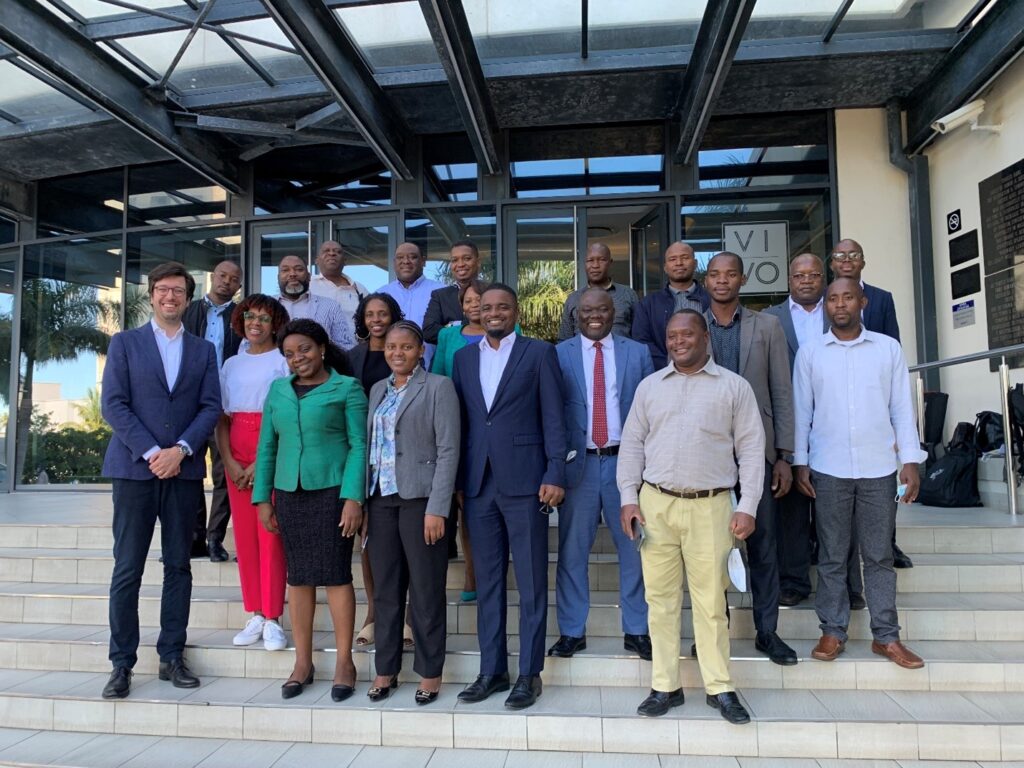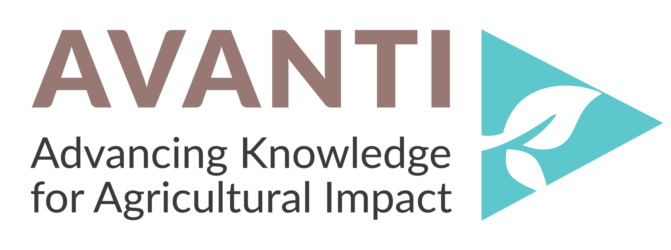AG-Scan Mozambique
28 April 2022 (Workshop 1) & 24-25 May 2022 (Workshop 2)

Background and Introduction
AVANTI – “Advancing Knowledge for Agricultural Impact” – is a global initiative funded by the International Fund for Agricultural Development (IFAD). It supports national partners, in particular national governments, to self-assess and prioritise actions for strengthening Results-Based Management (RBM) and to share their experiences with a wider audience. Ultimately, AVANTI aims at improving countries’ ability to measure progress against Sustainable Development Goals (SDG) that relate to Agriculture and Rural Development. AVANTI deploys a self-assessment methodology called “AG-Scan” to better understand the in-country strengths and opportunities for improved RBM in its five pillars: Leadership, Monitoring & Evaluation, Accountability, Planning & Budgeting, and Statistics (LEAPS) in the agriculture and rural development sectors. Once these strengths and gaps are identified, a facilitated process of creating an Action Plan to capitalise on strengths and address gaps will be conducted.
Two organisations are partnering with IFAD to jointly facilitate this initiative, HELVETAS Swiss Intercooperation, one of the largest and most experienced development NGOs in Switzerland, and Itad, a UK-based development consultancy firm that is a recognized market leader in the area of monitoring, evaluation and learning.
Self-Assessment
A self-assessment workshop is usually held over two or three days, and is facilitated by the AVANTI project team, but with the leadership of key government stakeholders.
In Mozambique due to scheduling issues the AG-SCAN workshops were split into two separate workshops:
Workshop 1
The first workshop was held on 28 April 2022. In this workshop the participants (see annex 1) evaluated 3 components of the AG-SCAN methodology.
Workshop 2
The second workshop took place on 24 and 25 May 2022. In this workshop the participants (see Annex 3) evaluated the remaining components of the AG-SCAN methodology.
